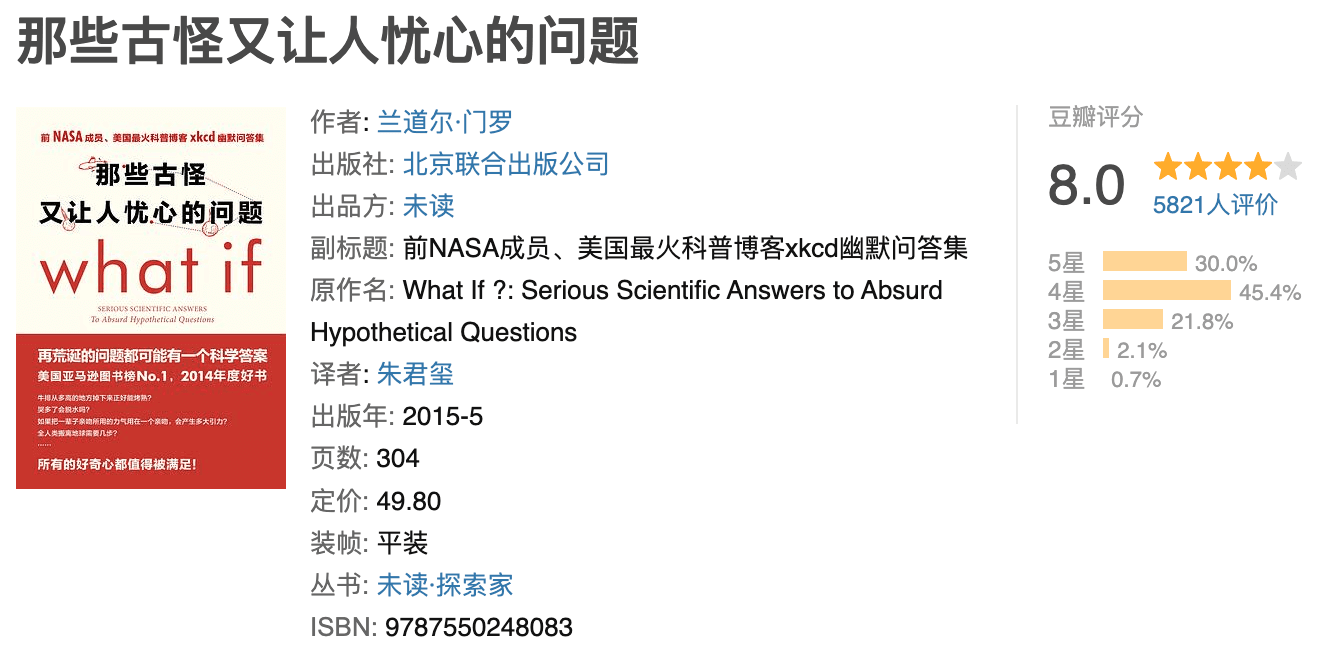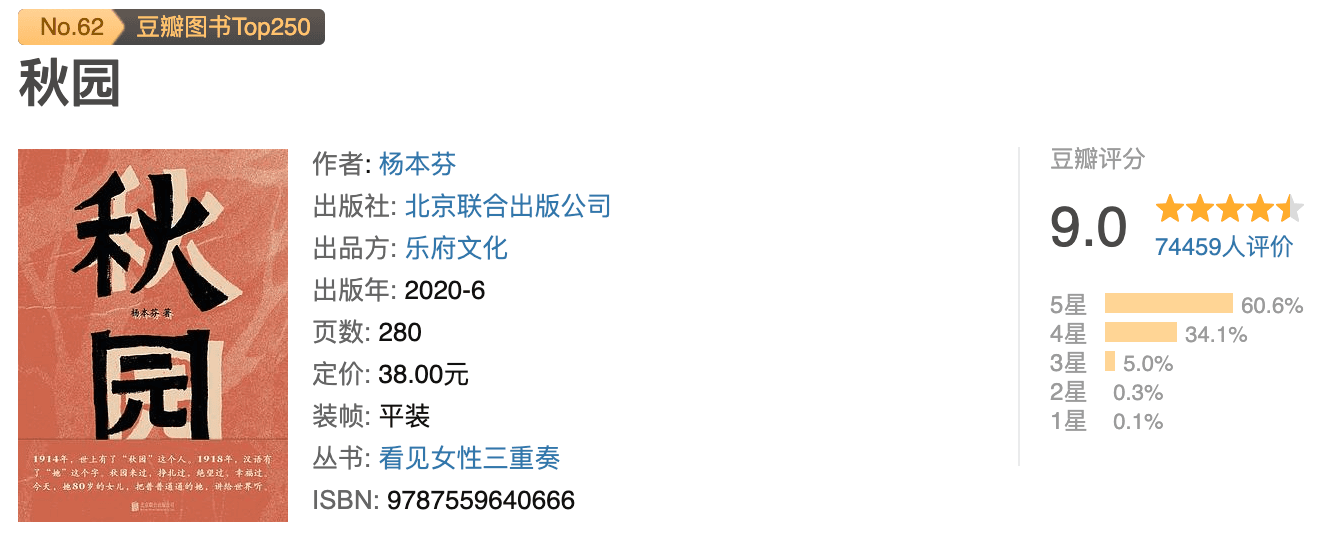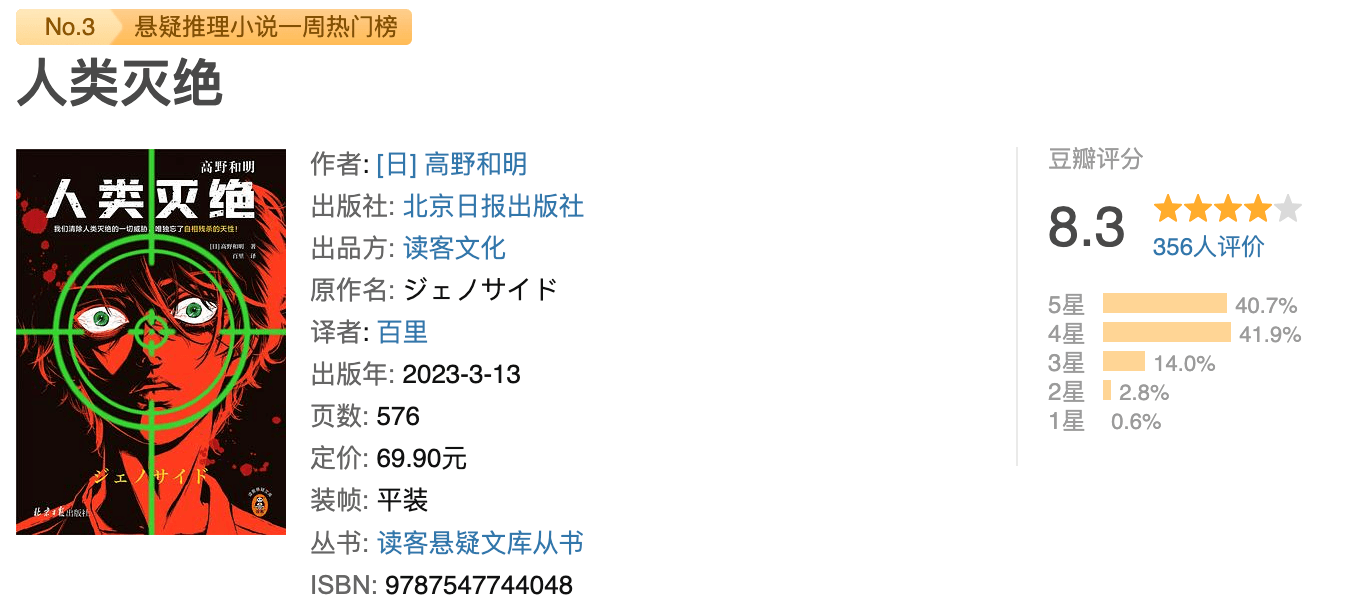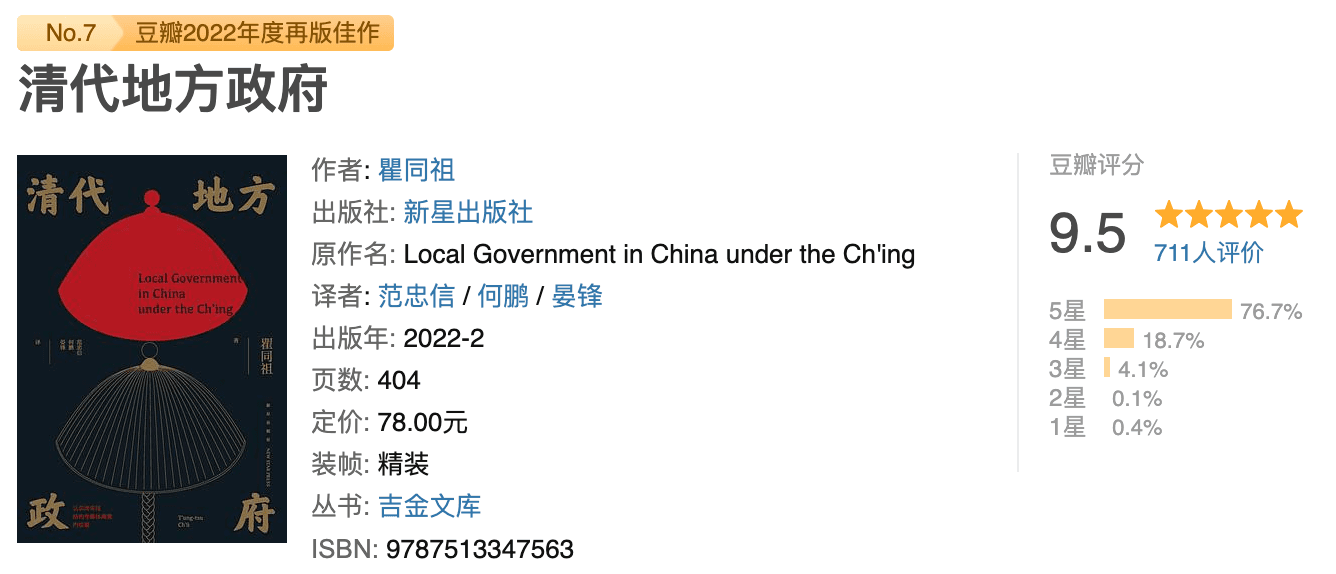整个四月忙碌而充实。四月参加了一次半程马拉松,也是自己首次尝试挑战马拉松。前半个月和朋友经常出去锻炼,为的是自己能够顺利完赛。后半个月因为老爸要动手术,基本都在医院陪护。
跑步让我爱上这项运动,爱上了跑完后的那种舒畅。半个月的医院生活,让我对身体健康有更切身的体会。泌尿科一层楼,每个病人不插一两根管子都不好意思叫病人。床位一旦空出来,不到半天就会有人入住,「火爆」程度可见一斑。
老爸是肾结石并发腹膜炎,右肾以及腹腔严重积水,以至于右肾基本没了功能,要切除。折腾了十几天,最后因为炎症太严重无法手术,须得插管排肾水几个月再决定怎么手术…… 经此一次,再次感受到每年体检的重要性,尤其是中老年人,如果等到身体有反应,那基本是中后期了。小病熬成大病,除了费用增加不说,最重要的是让身体受那么多苦,何必呢?
四月的几本书,基本是在病床旁读的。他们输液我读书,互不影响。
《那些古怪又让人忧心的问题》#

这本书有趣的地方在于,那些看似荒诞的问题,真的会有人用心去推理,并给出一个较为合理的答案。提问题的人,想象力天马行空;回答问题的人,在这天马行空的基础上带着科学的态度和严密的逻辑。
好奇心和科学思维的碰撞,就像看搞笑诺贝尔奖一样。
《秋园》#

满篇都是冇,不见一个有。这本结合《活着》,基本看懂了那个时代在这片土地上的大部分人生。
秋园的一生:一九三二年,从洛阳到南京;一九三七年,从汉口到湘阴;一九六〇年,从湖南到湖北;一九八〇年,从湖北回湖南。一生漂泊。
由于是回忆性质的书籍,读起来很轻松,就像听老一辈的人讲述那个年代的故事。但读着读着,心情就会变得沉重 —— 经历过那个时代的人,谁不能讲出几个沉重的故事来呢?
《人类灭绝》#

读完就像看了一部拙劣的好莱坞救世大片,作者塞进了基因变异、主角高能开挂、低能暴躁冷血的政治家等各种设定,架设了不少宏大的主题,然而小说情节和人物撑不起来。
《亮出你的舌苔或空荡荡》#

据说当年作者马建写好稿子,给高行健查看,高行健连夜看后直呼好文,推荐给了人民文学的编辑刘心武,后刊载在人民文学上,但发表后引起轰动,导致马建被封杀,刘心武也被停职。
五个小故事,给读者构成了一副藏传佛教的诡异印象 —— 书中所呈现的行为,与文明世界格格不入。若把本书当作记录文学,那情节肯定有夸张的成分,但里面的一些描述我却真真切切看到过视频,例如「天葬」。所以,只能半真半假地相信,权当故事看了。
《清代地方政府》#

了解清代地方政府运作的绝佳材料,结构清晰,内容直接明了。作者主要提及了州县官以及身边主要的助手,通过介绍这些人的选拔、待遇、地位、贪污方式等方面,让读者能够对地方政府的运作快速建立起一个立体的认识。
州县官并没有那么容易,薪水低,人生地不熟,业务严重依赖当地的书吏;州县官身边的几大助手:幕友、长随、书吏、衙役,除了幕友,其余的人平常虽然看似威风,但其实地位和贱民差不多,属于所谓的「影响三代」的职位。